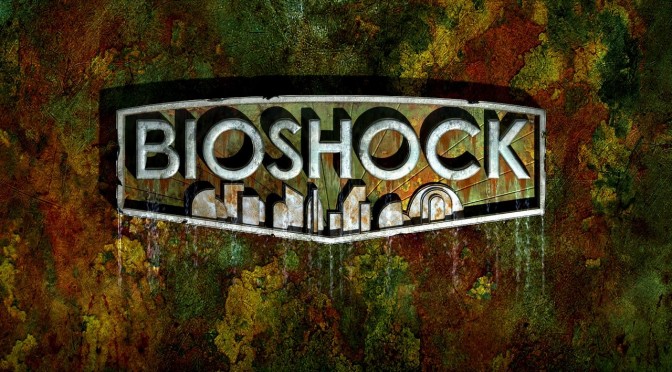The first details for the next BioShock game have surfaced via Cloud Chamber‘s job listings. According to the team, the new BioShock (which we’ll be calling BioShock 4 in this article) will be using Unreal Engine 4, and will feature a brand new world.
From the looks of it, and since BioShock 4 will not have Rapture, this won’t be a reboot of the franchise. Unless of course the team wants to reboot it with a completely different world. My guess is that we’re looking at a soft-reboot. Usually, a soft-reboot is a sequel that also serves as a reboot for a franchise.
BioShock 4 will be a narrative & systems-driven experience. The game won’t come out anytime soon, so we can safely assume that it will only target next-gen platforms. The game will also have an FPS combat paradigm that is accessible, satisfying, and allows for a high degree of player expression and experimentation within a highly reactive world. Not only that, but it will have various play-styles and encounters that can be resolved through player ingenuity.
Furthermore, the game will also have systemic, in-game, scripted cinematic sequences. Additionally, it will combine hand-crafted set-pieces and systemic interactions. The team aims to create a “living” world that offers players variety at every step of the game.
Again, BioShock 4 is in a really early stage of development. Therefore, some of the aforementioned features may not find their way into the final game. Still, these first details will undoubtedly please most BioShock fans out there.
Stay tuned for more!

John is the founder and Editor in Chief at DSOGaming. He is a PC gaming fan and highly supports the modding and indie communities. Before creating DSOGaming, John worked on numerous gaming websites. While he is a die-hard PC gamer, his gaming roots can be found on consoles. John loved – and still does – the 16-bit consoles, and considers SNES to be one of the best consoles. Still, the PC platform won him over consoles. That was mainly due to 3DFX and its iconic dedicated 3D accelerator graphics card, Voodoo 2. John has also written a higher degree thesis on the “The Evolution of PC graphics cards.”
Contact: Email

